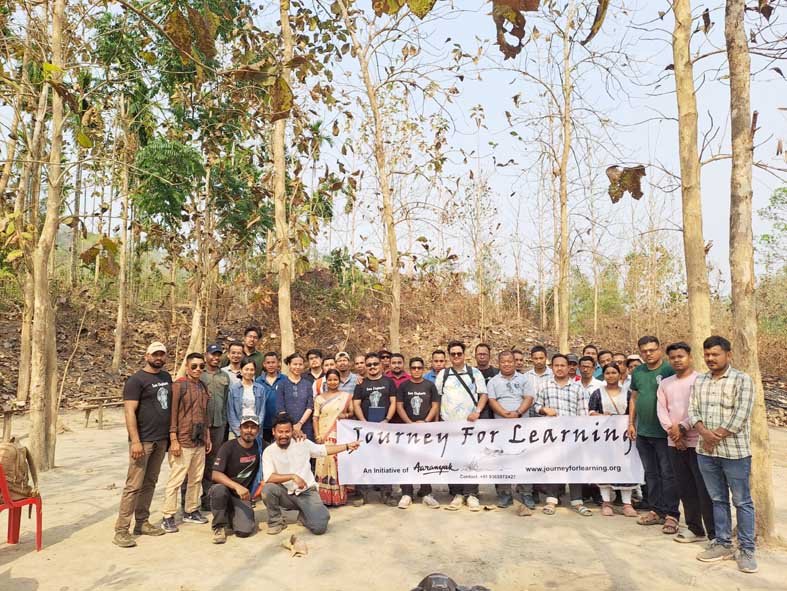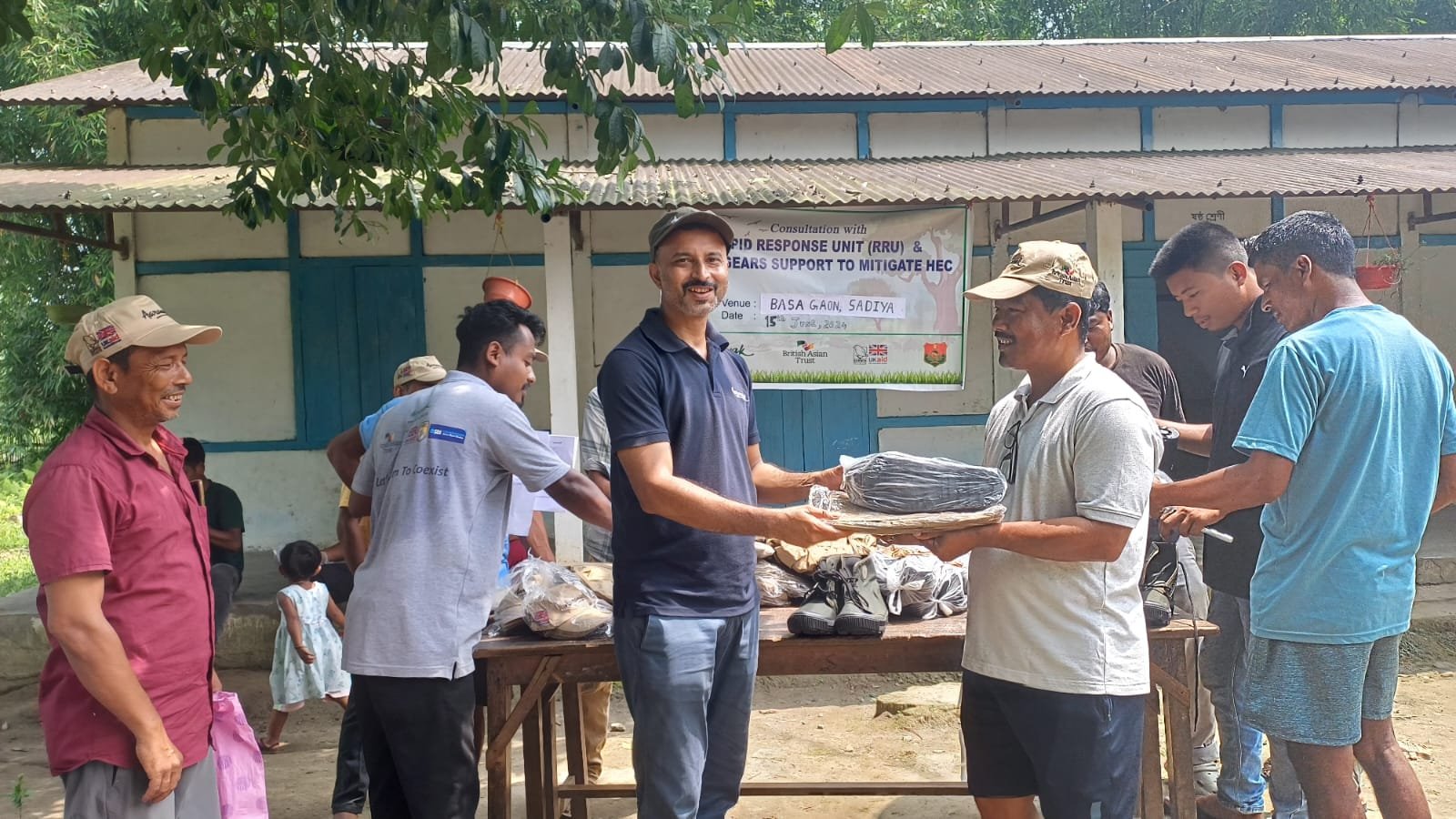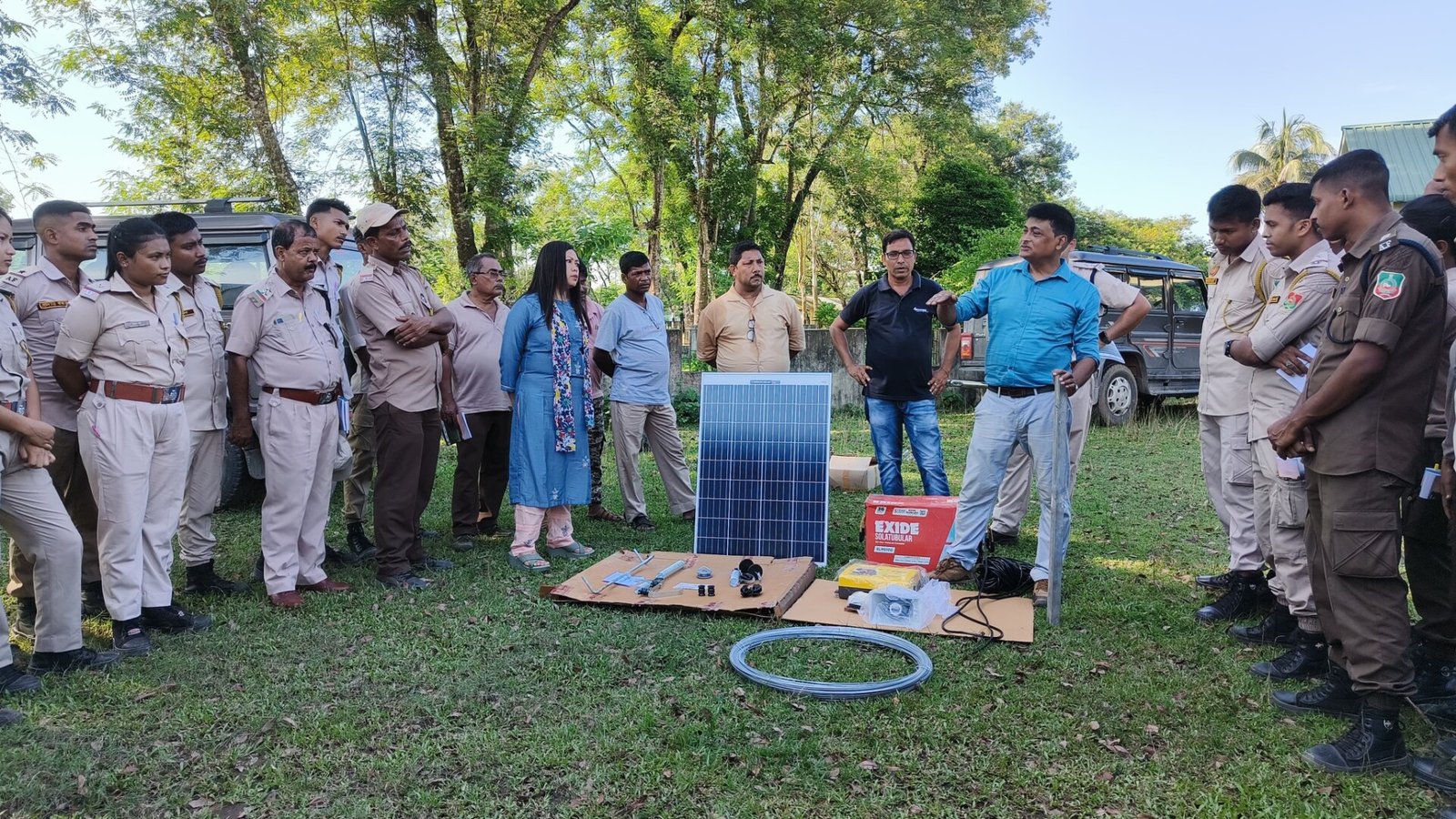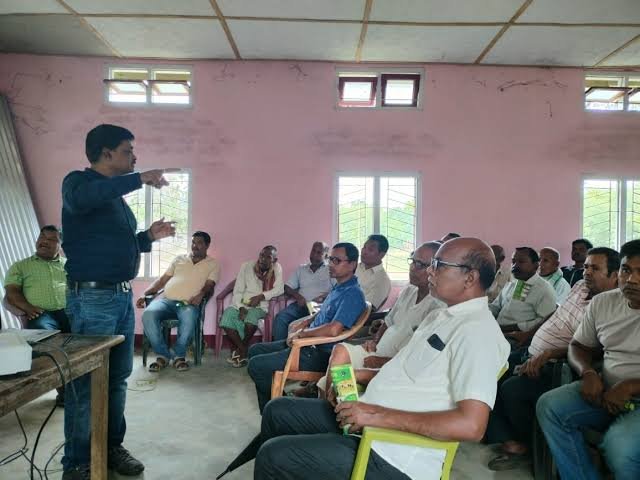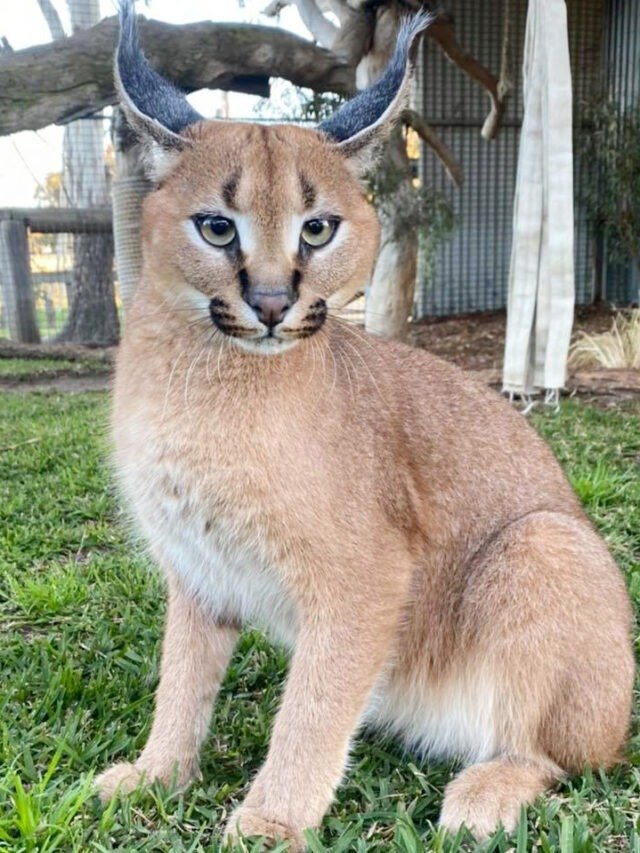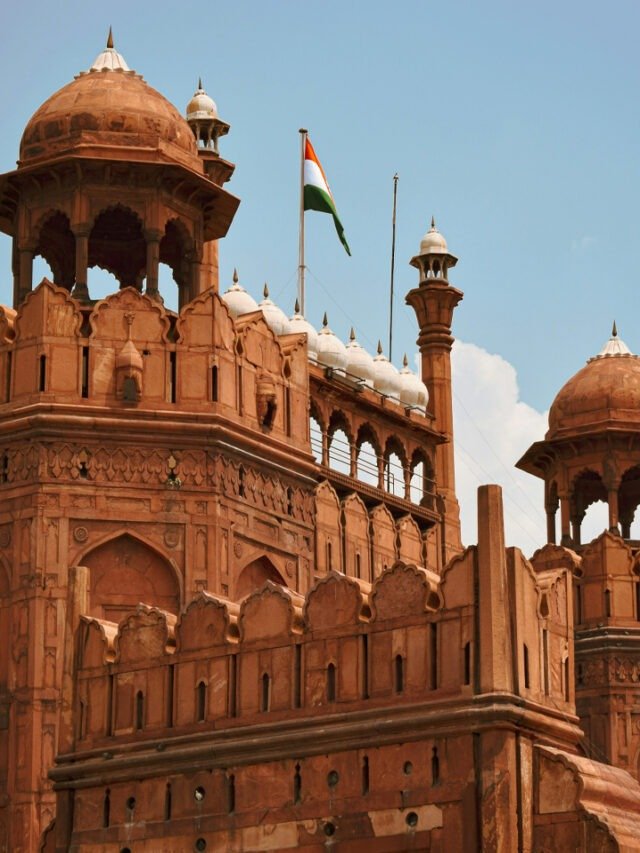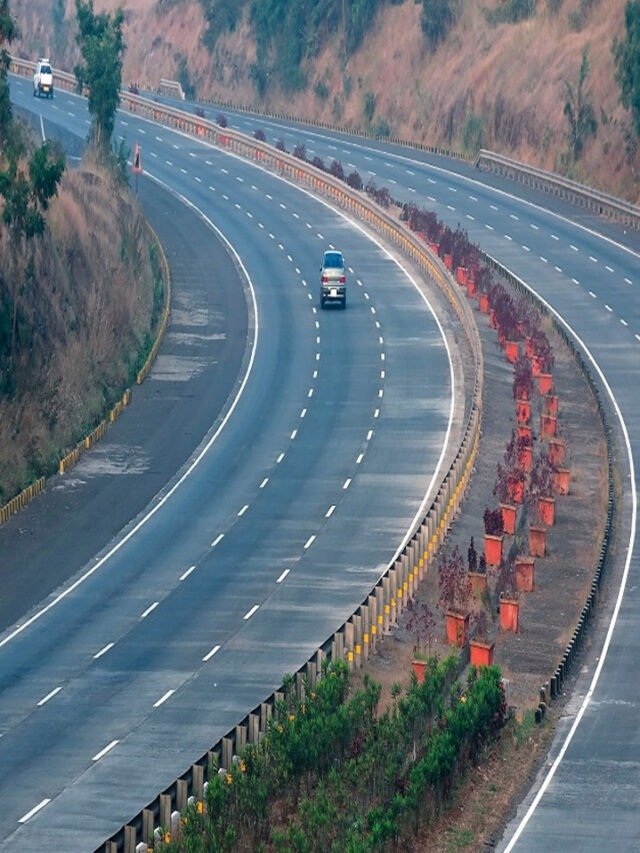HT Bureau
GUWAHATI, April 10: In a move to empower local conservation leaders and promote sustainable practices, an exposure visit was conducted from April 4 to 7 for a group of “Village Champions” (VCs) from human-elephant conflict (HEC) affected areas in eastern Assam and the West Garo Hills of Meghalaya.
The visit was held in the Kaziranga-Karbi Anglong landscape of Assam and was facilitated under the community-based eco-cultural tourism initiative titled “Journey for Learning.”
According to an official statement, the VCs are trained community members involved in an initiative led by Aaranyak and the British Asian Trust, supported by the Darwin Initiative.
Their mission is to foster human-elephant coexistence through a bottom-up model of community empowerment and conflict monitoring.
To acknowledge the vital role played by the VCs in implementing this initiative, a team of 11 Village Champions, accompanied by members of the Aaranyak project team, participated in this educational exposure trip.
The visit began with an eco-cultural village walk through Phumen Engti and Hemai Lekthe villages in Karbi Anglong, followed by a forest trek in Ingnam Kengkam.
The team engaged with the indigenous Karbi community to explore sustainable practices such as eco-tourism, agroforestry, sericulture, and traditional handloom and handicraft production.
An experiential session on Karbi-style bamboo cooking further enriched the cultural exchange.
A morning safari in Kaziranga National Park offered the participants firsthand insight into the region’s rich biodiversity and conservation management efforts.
The team also interacted with local entrepreneurs through “Pirbi”—a community-led business initiative—where they learned how indigenous knowledge and products contribute to sustainable livelihoods.
Additionally, visits to a community nursery and the Orchid and Biodiversity Park highlighted successful local models of ecological preservation.
The official statement noted that this exposure trip had a significant impact on the VCs, many of whom were introduced for the first time to the concept of eco-tourism and the importance of community-led conservation initiatives.
The experience is expected to inspire their ongoing efforts to protect biodiversity and enhance community well-being.
The visit was facilitated by Aaranyak officials Dr. Jayanta Roy, Bhaskar Barukial, Sunny Paul, Beauty Terangpi, Rangsina Phangso, volunteer Stephen Takbi, intern Kristi Borah, and Nayam Ali.


